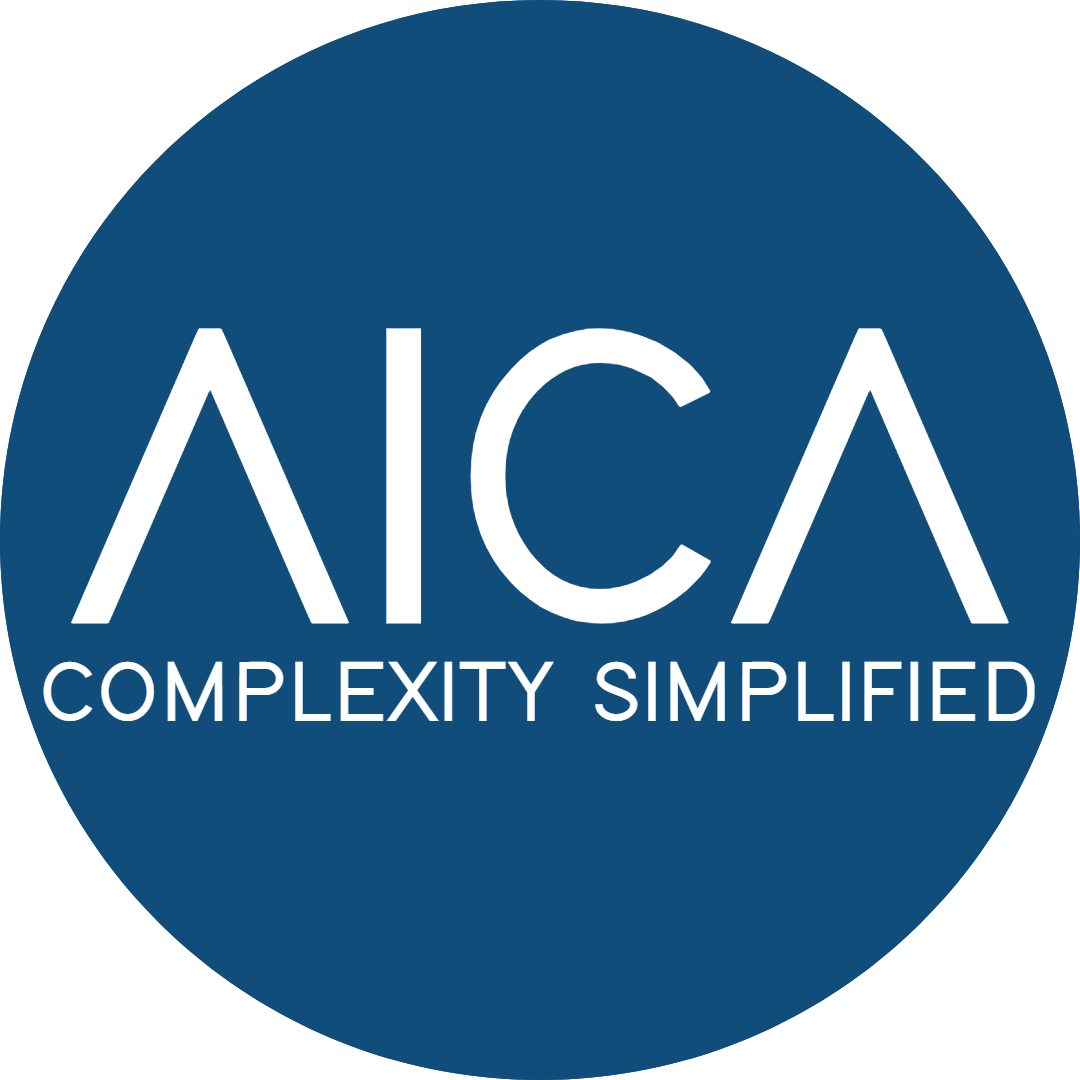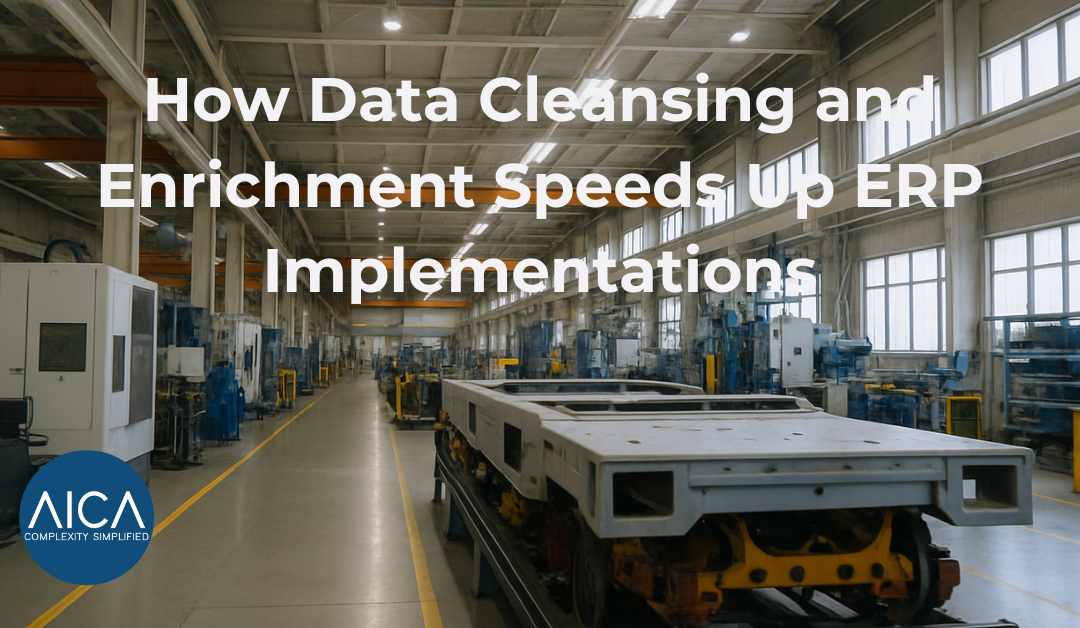When organisations attempt to migrate messy, inconsistent, or incomplete data into their new ERP system, projects stall. Instead of focusing on adoption and process optimisation, teams are stuck cleaning up duplicates, reconciling naming conventions, and filling missing fields.
This is where data cleansing and enrichment comes in. By addressing data quality before migration, organisations can accelerate ERP rollouts, reduce risk, and ensure their new system delivers value from day one.
Why Bad Data Slows ERP Implementations
ERP systems thrive on structure. They require standardised product, service, and supplier records to function effectively.
Without clean data, companies face:
- Extended migration timelines – IT teams spend weeks resolving duplicates and inconsistencies during migration.
- Integration issues – Poor data quality breaks workflows between procurement, finance, and supply chain modules.
- User frustration – Employees struggle with unreliable data in the new system, undermining adoption.
- Cost overruns – Every hour spent fixing records post-migration increases implementation costs.
In fact, Gartner reports that poor data quality costs organisations an average of US$12.9 million annually, with ERP projects among the hardest hit.
How Data Cleansing and Enrichment Accelerates ERP Rollouts
- Clean Data = Faster Migration
With duplicates removed and descriptions standardised, records can be imported directly into the ERP system without repeated corrections. - Enrichment Improves Usability
Adding missing attributes (e.g., dimensions, materials, OEM numbers) ensures data is complete and functional once live. - Classification Enables Structure
Mapping records to taxonomies like UNSPSC or GS1 GPC creates consistency across categories, suppliers, and plants. - Confidence Scores Reduce Rework
By attaching reliability scores to each classification, teams know exactly where human QA is needed—saving time across millions of records. - Better Adoption and ROI
Clean, enriched data makes the ERP system more user-friendly, reducing frustration and driving faster adoption across the business.
AICA’s Role in ERP Data Quality
At AICA, we help enterprises prepare their data for ERP migrations with Agentic AI-driven cleansing, enrichment, and classification.
Our approach is:
- Quicker – Millions of records processed in weeks, not months.
- More Accurate – Over 90% accuracy with confidence scoring for transparency.
- Cost-Effective – Reduced manual labour means lower implementation costs.
- MRO-Specific – Our models are trained on industrial and MRO datasets, ensuring results match real-world operations.
Crucially, we don’t eliminate human oversight. Subject matter experts review lower-confidence records to ensure ERP systems launch with the highest-quality data possible.
Conclusion: Build ERP Success on Clean Data
ERP systems are powerful, but their success depends on the quality of the data they manage. Attempting to migrate unstructured, incomplete, or duplicate data slows projects, increases costs, and frustrates users.
By investing in data cleansing and enrichment before implementation, organisations can:
- Speed up ERP rollouts
- Lower migration costs
- Improve user adoption
- Unlock ROI from day one
AICA partners with enterprises and ERP implementation specialists to make data migration faster, easier, and more reliable. The result is a clean, structured foundation for digital transformation.
Visit our website to learn how AICA can support your next ERP implementation with clean, enriched, and classified data.
Copyright Reserved © AICA Data International Ltd 2025

